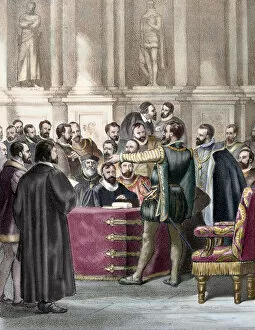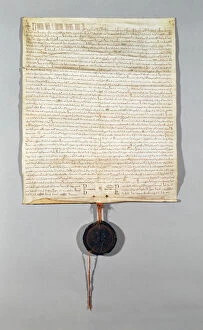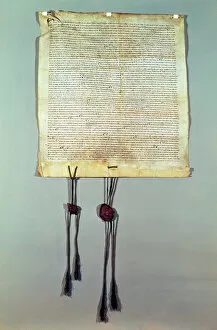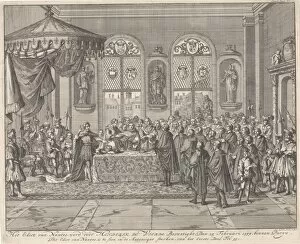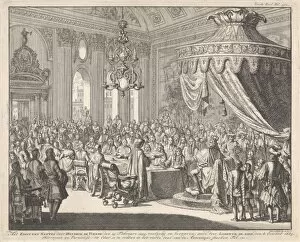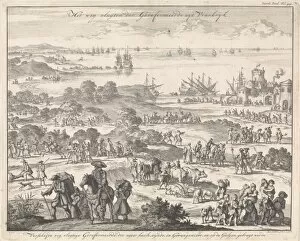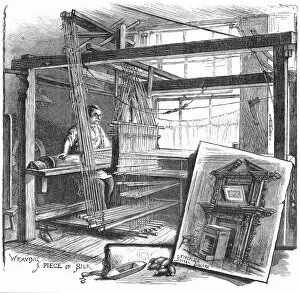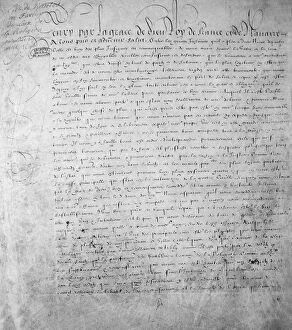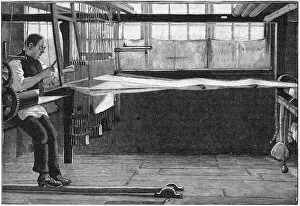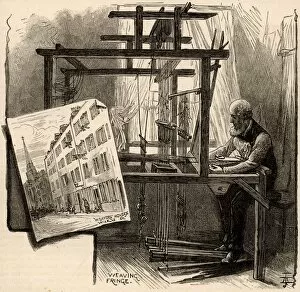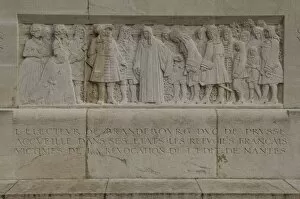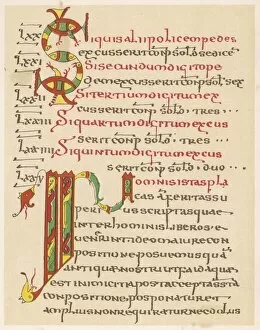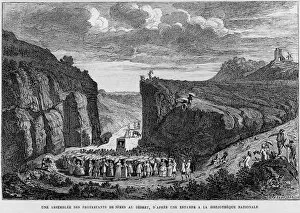Edict Collection (page 2)
"Edict: A Powerful Tool of Influence Across Time and Cultures" Throughout history, edicts have been employed by rulers to shape societies, enforce policies
All Professionally Made to Order for Quick Shipping
"Edict: A Powerful Tool of Influence Across Time and Cultures" Throughout history, edicts have been employed by rulers to shape societies, enforce policies, and leave a lasting impact on their realms. From the reign of Constantine the Great in ancient Rome to the tumultuous days of the Spanish Civil War, these proclamations have played a pivotal role in shaping our world. In Turkey's Ephesus city stands a pillar adorned with Greek inscriptions, bearing witness to an edict that once governed this ancient land. Meanwhile, posters from the Spanish Civil War depict powerful Soviet propaganda campaigns aimed at rallying support for their cause. Even centuries before these events unfolded, tapestries told stories of Cyrus II The Great and his mighty empire. These woven masterpieces captured moments when edicts were issued to establish order and ensure prosperity for all under his rule. Yet not all edicts throughout history brought about positive change. The expulsion of Jews from Spain in 1492 left an indelible mark on both Jewish communities and European history as a whole. Illustrations vividly portray this dark chapter - from Queen Elizabeth receiving French Ambassadors after St Bartholomew Massacre to scenes depicting families forced into exile. However, amidst tales of persecution emerged instances where edicts provided refuge for those seeking solace. Engravings reveal French Huguenot refugees landing at Dover in 1685 after escaping religious persecution back home. Beyond Europe's borders lies China's Qing dynasty era where imperial decrees held immense power over its vast population. An Imperial Edict dating back to 1879 showcases how such proclamations shaped Chinese society during this transformative period. And let us not forget William the Testy's infamous "Smokers Rebellion, " immortalized on canvas through oil paintings capturing a moment when an unexpected decree ignited resistance among defiant smokers. From emperors to monarchs, rulers across time recognized the potency of edicts.


